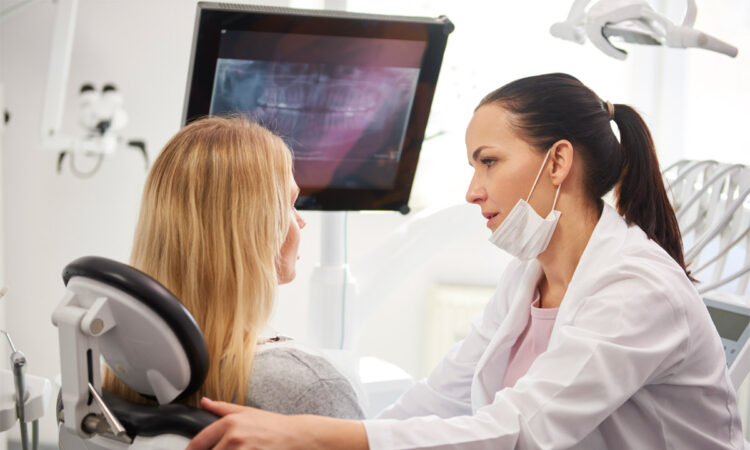
Understanding Dental Anxiety
For many, visiting the dentist is a source of anxiety and stress. This apprehension, often referred to as dental anxiety, can range from mild unease to severe phobia, preventing individuals from seeking essential dental care. Understanding its roots is crucial for both patients and practitioners.
Dental anxiety can be attributed to several factors, including previous negative experiences, fear of pain, fear of needles, or even embarrassment about oral hygiene. According to research, approximately 36% of the population suffers from dental anxiety, indicating a widespread issue that requires attention and innovative solutions. For a deeper understanding of the causes and symptoms, a comprehensive review can be found on the Better Health Channel’s exploration of dental anxiety and phobia.
Modern Techniques to Alleviate Anxiety
Fortunately, modern dental practices are increasingly adopting techniques to transform this anxiety into a more relaxed and comfortable experience. Embracing advancements in technology and patient care strategies, dental professionals aim to create a welcoming environment.
1. Sedation Dentistry
Sedation dentistry has become a popular method for managing dental anxiety. By utilising medications that help patients relax, it allows for a pain-free and stress-free experience. Options range from mild sedation, where patients remain awake but relaxed, to general anaesthesia, where patients are completely unconscious.
2. Technological Innovations
Cutting-edge technology plays a pivotal role in alleviating dental anxiety. The use of laser dentistry, for instance, reduces the need for drills and needles, minimising discomfort and fear. Digital imaging and 3D modelling enhance precision and can significantly reduce treatment time.
Furthermore, virtual reality (VR) is being explored as a tool to distract and calm patients during procedures. This innovative approach immerses patients in soothing environments, diverting their attention away from the treatment itself.
3. Improved Communication and Environment
- Patient-Centric Communication: Establishing open lines of communication between the dentist and the patient is vital. Explaining procedures in simple terms and addressing concerns can ease anxiety.
- Comfortable Environment: Modern dental clinics often focus on creating a calm and serene atmosphere. From soothing music to aromatherapy, these elements contribute to a more relaxed experience.
Dental practices, such as a prominent dentist Richmond, are leading the way in adopting these modern techniques. They work tirelessly to ensure that every patient has a positive experience, transforming apprehension into comfort.
The Role of Psychological Support
Beyond physical comfort, psychological support is paramount in managing dental anxiety. Cognitive behavioural therapy (CBT) is a technique that has shown success in helping individuals address and overcome their fears. By identifying negative thought patterns and replacing them with positive ones, patients can build confidence in their dental visits.
Moreover, mindfulness and relaxation exercises can empower patients to manage their anxiety effectively. A study highlights the effectiveness of combining these psychological approaches with modern dental practices to significantly reduce anxiety levels. Further insights on this can be found in research exploring psychological interventions for dental anxiety.
Conclusion: Embracing Change for Better Dental Health
The journey from anxiety to relaxation within dental practices is paved with innovation, empathy, and dedication. As more dental professionals embrace modern techniques, the stigma and fear associated with dental visits continue to diminish. By understanding the roots of dental anxiety and implementing effective strategies, dentists can profoundly impact their patients’ well-being.
For those hesitant about their next dental appointment, knowing that practices like the dentist in Richmond are at the forefront of these advancements can be reassuring. Embracing change, both in technology and patient care, is key to transforming the dental experience, as supported by various studies, including research on innovative dental practices.
In a world where oral health is vital to overall well-being, overcoming dental anxiety not only improves dental health but also enhances quality of life. With modern techniques and compassionate care, the path from fear to relaxation is more attainable than ever.




